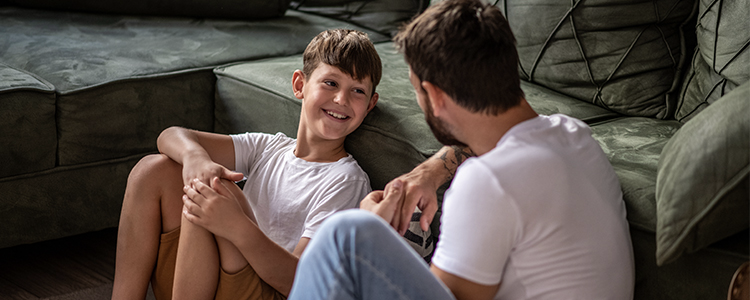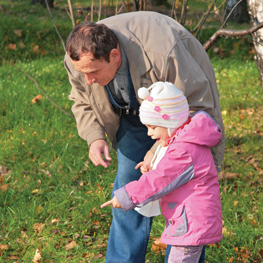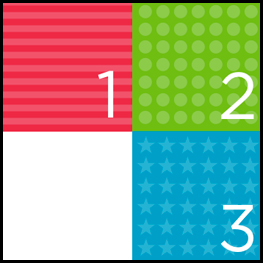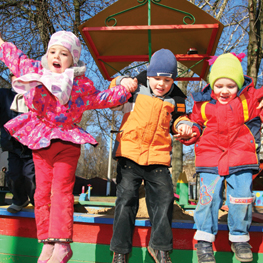



The beginning of preschool is a major milestone for children and their parents. Preschool presents new challenges, even for children who have been in day care. Many preschools have expectations more commonly associated with Kindergarten or first grade. Some preschools even have entrance exams that require a child to demonstrate specific skills.

You’ve picked up your child from their twos, threes or fours program, with the rest of the day or the weekend ahead of you. Now what? It’s a common dilemma. “So many parents ask me, ‘What do I do with my child when we get home?’” says Elissa Sungar, a former preschool teacher at Stanford University Laboratory School and the co-creator of www.ifnotyouwho.org, a free website that guides parents through 300 short and fun daily activities to help them make sure their child is ready for Kindergarten.

From ages two to five, kids make big leaps in all areas of development. At age two, they’ll begin to expand their vocabulary as they associate sounds with objects (“brown cow”). By age five, they’ll be able to string complete sentences together and use words in different contexts (“I saw a brown cow on my Grandma’s farm and at the zoo, too.”). Preschool helps bridge those gaps and paves the way for Kindergarten and beyond.

The preoccupation with numbers begins even before the umbilical cord is cut, as excited new parents, almost unconsciously, start counting fingers and toes. Before long, we begin noting “milestones” – recording first steps and first words. And while, by a child’s third birthday, mom and dad have usually stopped logging every developmental stride in the baby book, a new question begins to crop up: “Is my child ready for preschool?”
Calgary’s Child Magazine © 2024 Calgary’s Child